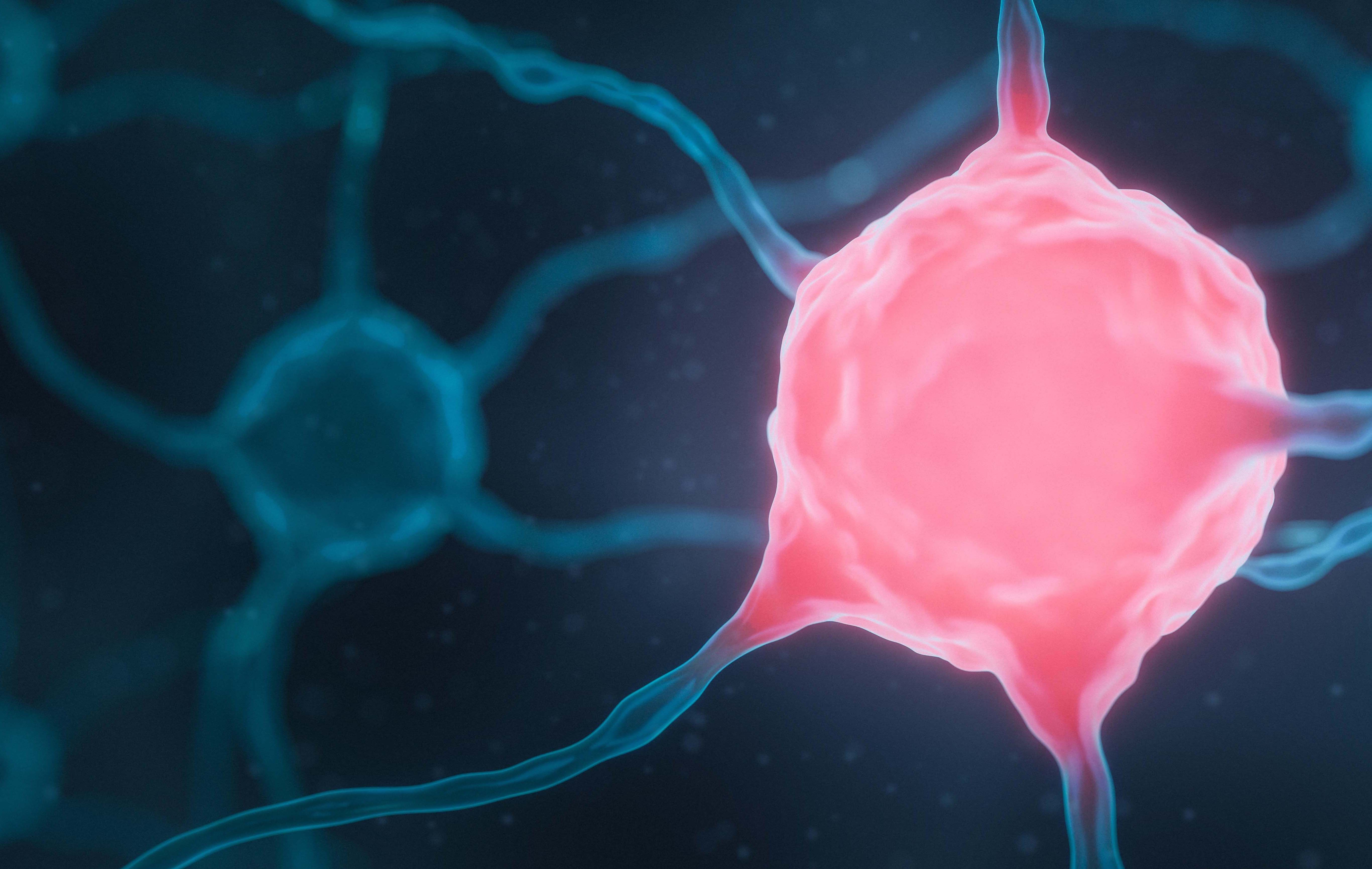FDA Accepts IND Application for Neoantigen-Directed T-Cell Therapy
The CAR T-cell product has a neoantigen-specific T-cell receptor that is located and classified via a T-cell receptor discovery platform.
The T-cell receptor discover platform assesses well-characterized, naturally optimized, cytotoxic T-cell receptors while maintaining flexibility for multi-targeting via robust T-cell receptor combinations.

The FDA has accepted an investigational new drug (IND) application for a neoantigen T-cell receptor–based T-cell therapy, according to a press release from developer, Adaptive Biotechnologies.1
The T-cell receptor–based product is the first to advance into development in oncology based on collaboration between Adaptive Biotechnologies and Genentech. The treatment relies on a T-cell receptor discovery platform to identify and characterize a neoantigen-specific T-cell receptor. According to the company, novel T-cell therapies are in development for several cancer types with the goal of creating a new treatment paradigm allowing for therapies to be tailored based on individual patients’ needs.
“This IND acceptance reaffirms the value of our immune medicine platform and Adaptive’s ability to identify and characterize clinical grade, therapeutic T-cell receptors, which is the cornerstone of our drug discovery capabilities,” Chad Robins, chief executive officer and co-founder at Adaptive Biotechnologies, said in the press release.
Specifically, the T-cell receptor discovery platform is capable of identifying naturally-occurring and robust T-cell receptors that may be used for clinical development.2 It is reported that over 8000 unique, antigen-specific T-cell receptors have been observed with 600 clinically important targets.
Through the use of blood samples, antigens and proteomes can be targets, with class I and II human leukocyte antigens being of particular interest. Investigators indicate that T-cell receptors are naturally occurring and fully human, and have undergone thymic selection.
The model is said to have a high throughput and high sensitivity, as well as being capable of testing for thousands of antigens within one screening. It can also pinpoint ultra-low frequency T-cell receptors and pair hundreds of thousands of alpha/beta chains. Clinical candidates are selected by querying the whole T-cell receptor repertoire. The platform assesses well-characterized, naturally optimized, cytotoxic T-cell receptors while maintaining flexibility for multi-targeting via robust T-cell receptor combinations.
Following a blood draw, the best neoantigen-specific T-cell receptors can be identified in real time, which are capable of targeting unique mutations. It is believed that patient-specific T-cell receptors may be used to create personalized cellular agents. This could be a shared product containing a T-cell receptor capable of targeting a shared cancer neoantigen or a private T-cell therapy product that has multiple T-cell receptors that home in on an individual’s specific tumor neoantigens.
References
- Adaptive Biotechnologies announces FDA acceptance of Genentech’s investigational new drug application for the first neoantigen-directed T-cell therapy product in oncology. News release. Adaptive Biotechnologies. May 9, 2023. Accessed May 9, 2023. https://bit.ly/42lV64v
- Drug discovery: TCR therapeutics. Adaptive Biotechnologies. Accessed May 9, 2023. https://bit.ly/3VKE2m9